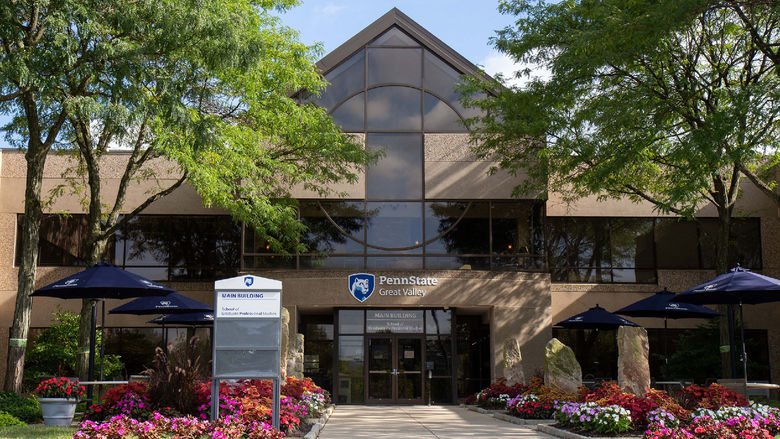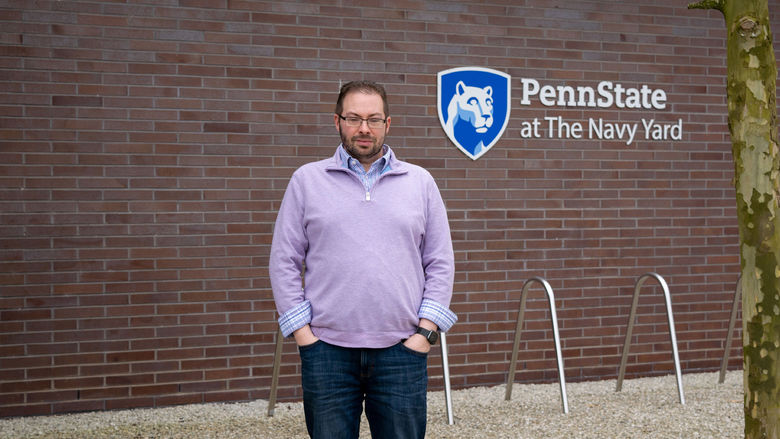MALVERN, Pa. — As the cybersecurity industry grows rapidly, so does the need for trained, qualified professionals. Many governmental and corporate organizations require employees to have one of today’s most in-demand credentials — the Certified Information Systems Security Professional (CISSP).
Often considered the gold standard in cybersecurity, a CISSP demonstrates a profound technical knowledge and understanding on how to effectively design, engineer, and manage the security structure of an organization.
The exam is extremely challenging. Professionals must be well-versed in eight different domains: security and risk management, asset security, security engineering, communications and network security, identity and access management, security assessment and training, security operations, and software development security.
Dipak Patel, a senior application development architect, considered sitting for the exam last year. Studying independently seemed intimidating, and boot camps were costly.
But last fall, he discovered Penn State Great Valley’s CISSP exam preparation course online. Patel liked the format of the class: it met weekly for 10 sessions, with one night dedicated towards a specific domain. The price was lower than the weekend-long boot camps he’d seen. And, the campus was located in Malvern — only a few miles from his office in Wayne.
“The exam itself is daunting,” he said. “If you want to succeed, you have to be serious about the exam and spend a lot of time preparing.”
He started the course in October. Taught by Angel Kern, a CISSP-certified technology professional, the class is open to information security professionals with five years of experience in two out of the eight exam domains. Because Kern has the credential, she is able to sponsor students for their certification once they complete and pass the exam.
The 30-hour course relies on lecture, class discussion, and practice exams to help students prepare.
“The course helped me create a study plan,” Patel said. “It kept me accountable. The pace was great; we concentrated on one chapter a week. Spending time on each domain individually allowed me to identify my weak areas, so I could really narrow my focus when I studied independently.”
In December, the format of the CISSP exam changed, moving from a traditional, online exam to a computer adaptive test. Each time a test-taker responds to a question, a scoring algorithm determines his or her ability to successfully complete the next one. If a question is answered correctly, more difficult questions are asked. And if someone reaches a point where he or she can no longer pass the exam, it ends early.
Despite these changes, Patel was ready. After the class ended that month, he spent another 10–15 days studying.
“Going into the exam, I knew it would be an intense experience,” he reflected. “But I felt confident and 100 percent prepared.”
And on Jan. 27, Patel passed the exam.
“I successfully completed the exam in 90 minutes and answered 104 questions,” he said. “I appreciate the excellent guidance, motivation, and material from both Angel and Penn State Great Valley, which made this possible.”
The CISSP exam preparation course is held regularly at the Penn State Great Valley campus. The next offering will run from June 6 to Aug. 15. More information can be found on Great Valley’s website.





